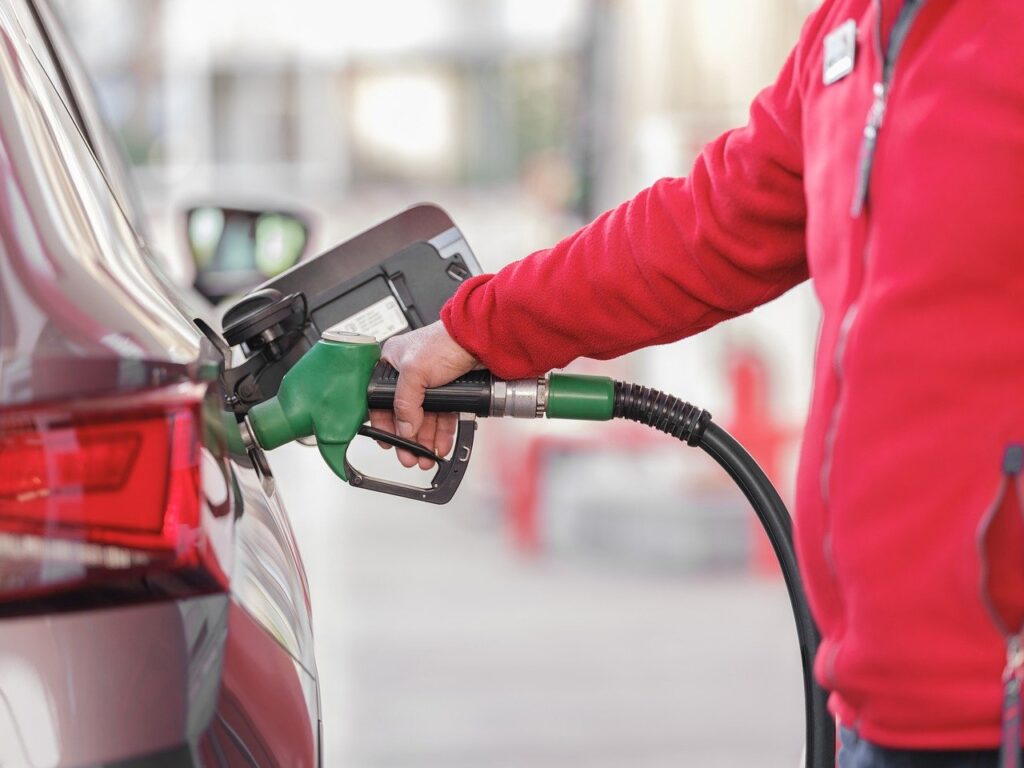At some stage, numerous drivers encounter the scenario of operating their vehicle with minimal
fuel, whether from neglect, a hectic lifestyle or attempting to maximize the remaining fuel. It's
important to weigh and scale the benefits and drawbacks of this common habit, particularly
regarding vehicle upkeep and durability, and how it could influence the decision to invest in an
extended vehicle warranty.
Pros of Driving on a Low-Fuel Tank
Emergency Preparedness
In unforeseen circumstances, having the capability to drive on a low-fuel tank can be crucial.
This situation is particularly relevant when reaching a safe location or the nearest gas station
becomes imperative. While not an ideal practice for regular trips, the ability to stretch the
remaining fuel in emergencies showcases a vehicle’s resilience. Moreover, it instills a sense of
resourcefulness in drivers, teaching them to manage their fuel consumption wisely under
pressure. However, relying on this method only occasionally is advisable due to the potential
risks and damages associated with low fuel levels. To mitigate costly repairs resulting from
damages due to low fuel, consider shielding your vehicle with an extended warranty plan.
Enhanced Fuel Efficiency Consciousness
Driving with the knowledge that only a tiny amount of fuel remains can lead to more conscious
driving habits focused on fuel efficiency. Motorists may adopt smoother driving techniques, such
as gradual acceleration and deceleration, to extend their vehicle's range. This heightened
awareness can positively impact a driver’s habits, improving fuel economy even when the tank
is full. While this pro offers a silver lining, it’s a situational benefit with its risks, emphasizing the
need for balanced and mindful driving practices.
Cons of Driving on a Low-Fuel Tank
Risk of Running Out of Fuel
The glaring downside of driving on a low-fuel tank is the risk of completely running out of fuel.
This scenario can lead to being stranded in remote or unsafe locations. Beyond the
inconvenience, there’s a safety concern for the driver and passengers and the potential for
increased stress and anxiety. Furthermore, vehicles that halt unexpectedly due to fuel shortage
can become road hazards, posing risks to other motorists. The inconvenience of waiting for
roadside assistance and the possible costs of getting your vehicle to a fuel station highlight the
impracticalities of pushing your fuel limits too far.
Fuel Pump Damage
The fuel pump, critical for delivering fuel from the tank to the engine, relies on being submerged
in fuel for cooling and lubrication. Operating on a low fuel tank frequently can expose the pump
to higher temperatures and wear, potentially leading to premature failure. Repairing or replacing
a fuel pump can be costly, and such damage might not be covered by a car’s extended warranty
if deemed a result of negligence. This type of mechanical failure underscores the importance of
maintaining a reasonable fuel level in the tank, not only to ensure the longevity of the fuel pump
but also to avoid unexpected repair bills that could have been preventable.
Sediment Accumulation
Over time, sediment and debris can settle at the bottom of the fuel tank. Low fuel levels
increase the chance of this sediment being drawn into the fuel system, potentially clogging
filters and injectors and damaging the fuel pump. The costs associated with cleaning or
replacing these components can be significant, and frequent exposure to sediment due to low
fuel levels can lead to unnecessary wear and tear on the vehicle’s fuel system. This is a crucial
consideration for drivers, especially those with older vehicles or those considering a used car
extended warranty, as the likelihood of sediment-related issues increases with age and usage.
The Role of Extended Warranties
Understanding the cons of driving on a low-fuel tank highlights the importance of proper vehicle
maintenance and care. This is where the value of an extended warranty comes into play. An
extended car warranty can provide peace of mind by covering repair costs for components that
might fail for reasons other than wear and tear. However, vehicle owners must recognize that
warranties have limitations and terms, which might not cover damages resulting from poor
maintenance practices, including the issues arising from frequently driving on a low fuel tank.
Conclusion
While occasional circumstances may necessitate driving on a low-fuel tank, the cons
significantly outweigh the pros. The potential for fuel pump damage, sediment issues, and the
associated costs of repairs, which an extended warranty may not cover, underscore the
importance of maintaining a healthier fuel level in your vehicle and looking to protect their
investment and ensure their car's longevity? Considering an extended car warranty from
Aprotect Warranty Corporation can be a wise decision. Contact us now by email at info@a-
protectwarranty.com or call +1-866-660-6444 for a free quote.



